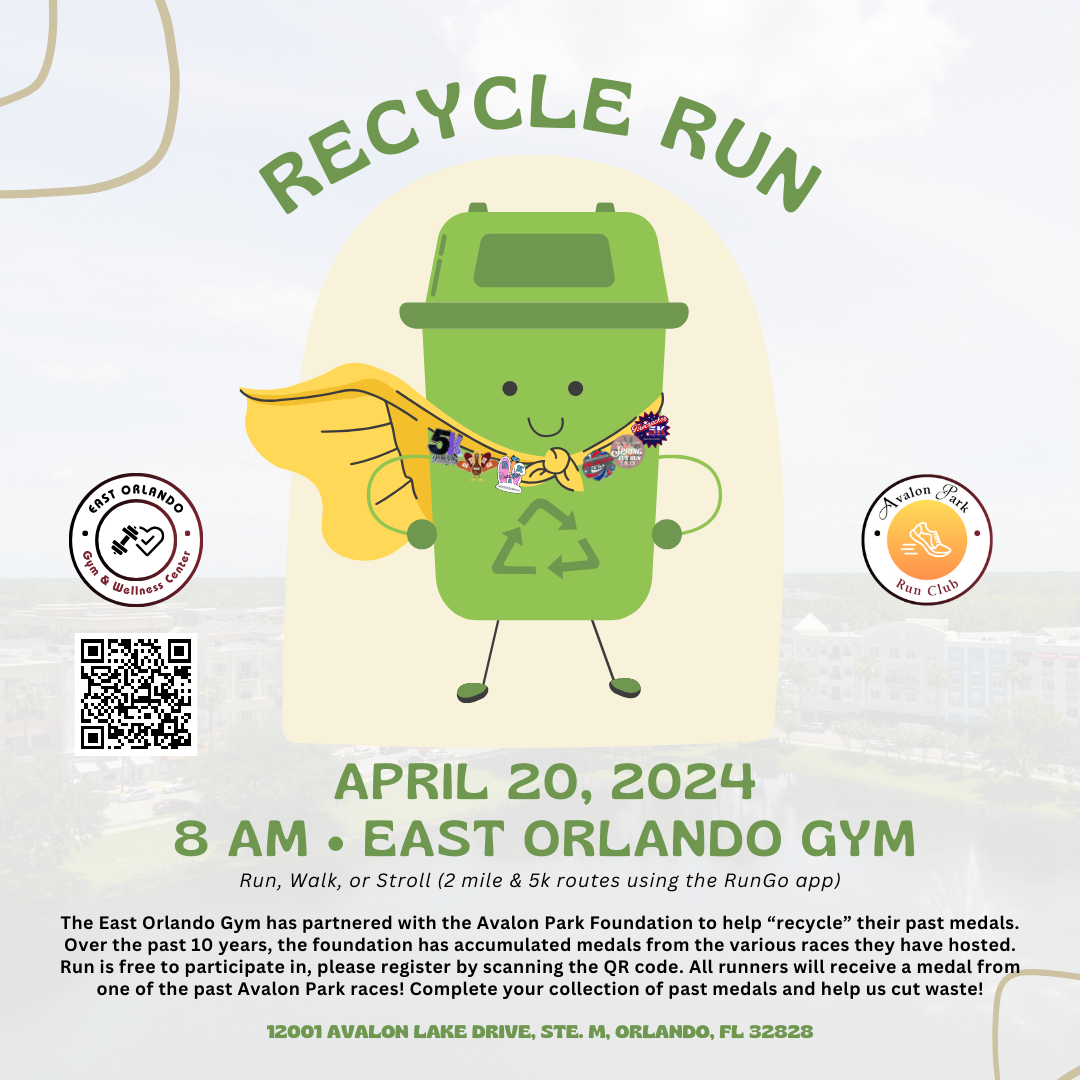How To Protect Yourself From Seasonal Allergies
For some people, the spring season welcomes the bloom of flowers and warm weather. For others not so fortunate, however, the spring season also means the return of the dreaded seasonal allergies. According to the Allergy & Asthma Network, as many as 60 million Americans have seasonal allergies. Symptoms include itchy eyes, sneezing, a runny or stuffy nose, and coughing.
Most people who struggle with seasonal allergies may avoid being outdoors as much as possible to be safe from allergy triggers. However, you don’t have to skip outdoor time. Learning more about what triggers your seasonal allergies can help prevent symptoms. In this article, we’ll look at some ways you can protect yourself from seasonal allergies:
Pack an emergency kit
Bringing an emergency kit when you go out can help you handle the symptoms of your allergies instead of letting them worsen. Your emergency kit should have antihistamines, any inhalers, EpiPens, or eye drops you may need to relieve symptoms on the spot. Another emergency kit must-have is a reusable face mask to prevent pollen from entering your body through your nose or mouth. A guide to reusable face masks notes that it’s essential to consider how many layers a mask has. The best masks have triple layers, but you can also use one with dual layers as well. Cloth face masks are a good option as you can easily wash and dry them after use, helping remove traces of pollen while wearing them comfortably. You may also want to bring tissues and wet wipes to clean your hands when you’re out at a park or in an area without accessible restrooms.
Change out of your outside clothes
After a fun day at the park, heading to bed immediately for a nap may be tempting. Before you do so, however, it’s always best to change out of your “outside” clothes before you lie on your bed or sit on your home’s furniture. Pollens are often the leading cause of allergic reactions, and while a reusable face mask may keep the pollens from entering your body, they can still stick to your clothes. Changing into new, clean clothes once you get home will prevent the pollens from getting to other materials in your home. Changing out of your outside clothes will also encourage you to remove pollen stains by washing the clothes as soon as you can. Washable cotton or synthetic fabrics can be hand- or machine-washed at high temperatures to remove traces of pollen.
Take night showers
Once you get the pollen on your clothes out of the way, consider taking a night shower before heading to bed. Aside from your clothes, pollen can also stick to your skin and hair, which makes it easily transferable to your bed, pillows, and sheets. Outside of removing any more traces of pollen, you’ll also feel much cleaner heading to sleep, as your shower will remove any dirt, sweat, and grease you may have accumulated from spending the day out at the park. An article on showering before bed notes that this habit can even help improve your sleep quality by sending your brain the signal that it is time for bed. A hot or warm shower before bed can help you get to sleep faster and wake up feeling better. Cold showers, on the other hand, while having no direct impact on sleep, can help reduce muscle soreness and fatigue.
Consult your doctor
Lastly, if your allergy symptoms persist, you may want to consult a healthcare professional for more effective medication and prevention. In our previous post on the dangers of relying on Google for self-diagnosis, we mentioned that 35% of American adults go online to figure out a medical condition for themselves or someone else. Fortunately, half of the said respondents said that the information they found online made them want to consult a medical professional. The common symptoms of seasonal allergies may pass as a typical cold to some, but they may also indicate more severe or threatening health conditions. If your symptoms persist despite allergy medication and prevention, consulting your doctor will be the best and safest next step.
Written by Aliyah Bea Corke
Exclusive for avalonparkorlando.com










